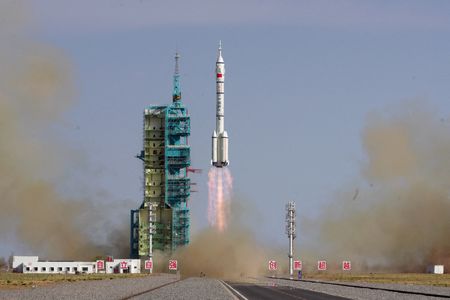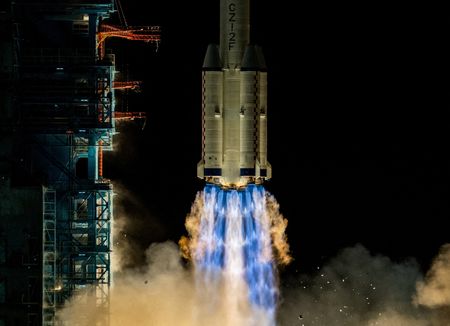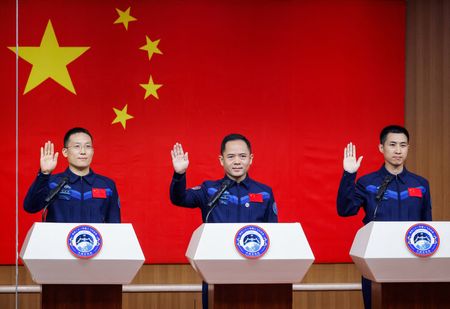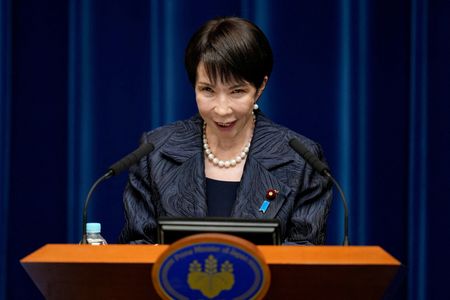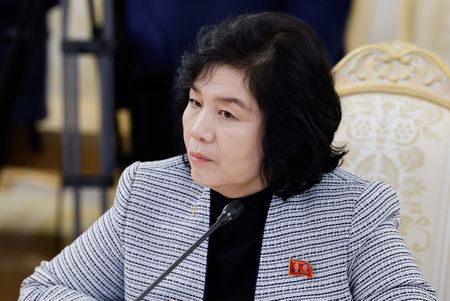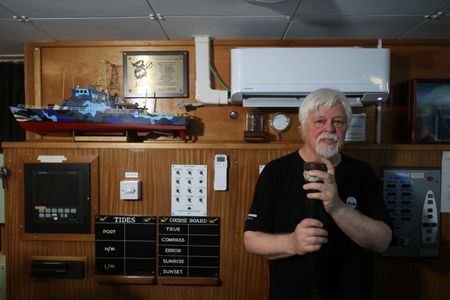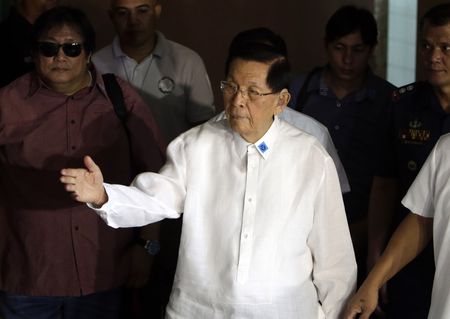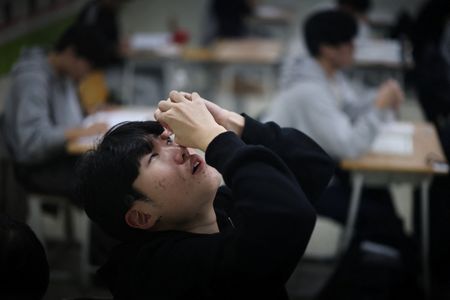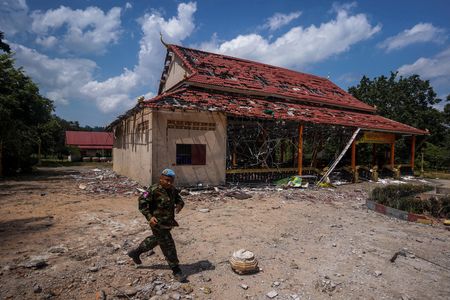By Eduardo Baptista
BEIJING (Reuters) -Three Chinese astronauts whose return to Earth was delayed by space debris hitting their vessel last week will return to their landing site using a different spacecraft on Friday, the China Manned Space Agency (CMSA) said in a statement.
China has in the past four years sent trios of astronauts to its permanently inhabited Tiangong space station for six-month stays, a programme known as Shenzhou, or “Divine Vessel”.
The Shenzhou-20 mission began in April and went smoothly until what CMSA called a “suspected impact from tiny space debris” to the Shenzhou-20 spacecraft forced a postponement of the crew’s return to Earth, originally scheduled for November 5.
The delay, while short, is highly unusual for a programme that has run like clockwork and in the past year reached new milestones with the deployment of astronauts born in the 1990s, a world-record spacewalk and plans to train and send the first foreign astronaut, from Pakistan, to Tiangong next year.
Every Shenzhou mission ends with a handover where the departing crew welcomes the arriving crew that will take over the space station’s operations. During the handover period of several days, two Shenzhou vessels are docked at the space station.
CREW TO RETURN ON SHENZHOU-21 MISSION’S SPACECRAFT
The decision to send back the Shenzhou-20 crew aboard the spacecraft used by the Shenzhou-21 crew, which started its six-month stay in space two weeks ago, suggests that damage to the Shenzhou-20 vessel was severe enough that China’s space authorities deemed it unfit to fly for now.
Given the Shenzhou-20 vessel’s impairment, China’s manned space programme will have to deal with new logistical headaches.
With the Shenzhou-21 returning to Earth six months earlier than scheduled, the vessel’s crew will be left on the space station without any spacecraft that could take them home in the event of an emergency.
CMSA said on Friday that the Shenzhou-22 spacecraft will be launched at “an appropriate time in the future.”
(Reporting by Eduardo Baptista and Joe Cash; Editing by Christopher Cushing and Jamie Freed)

